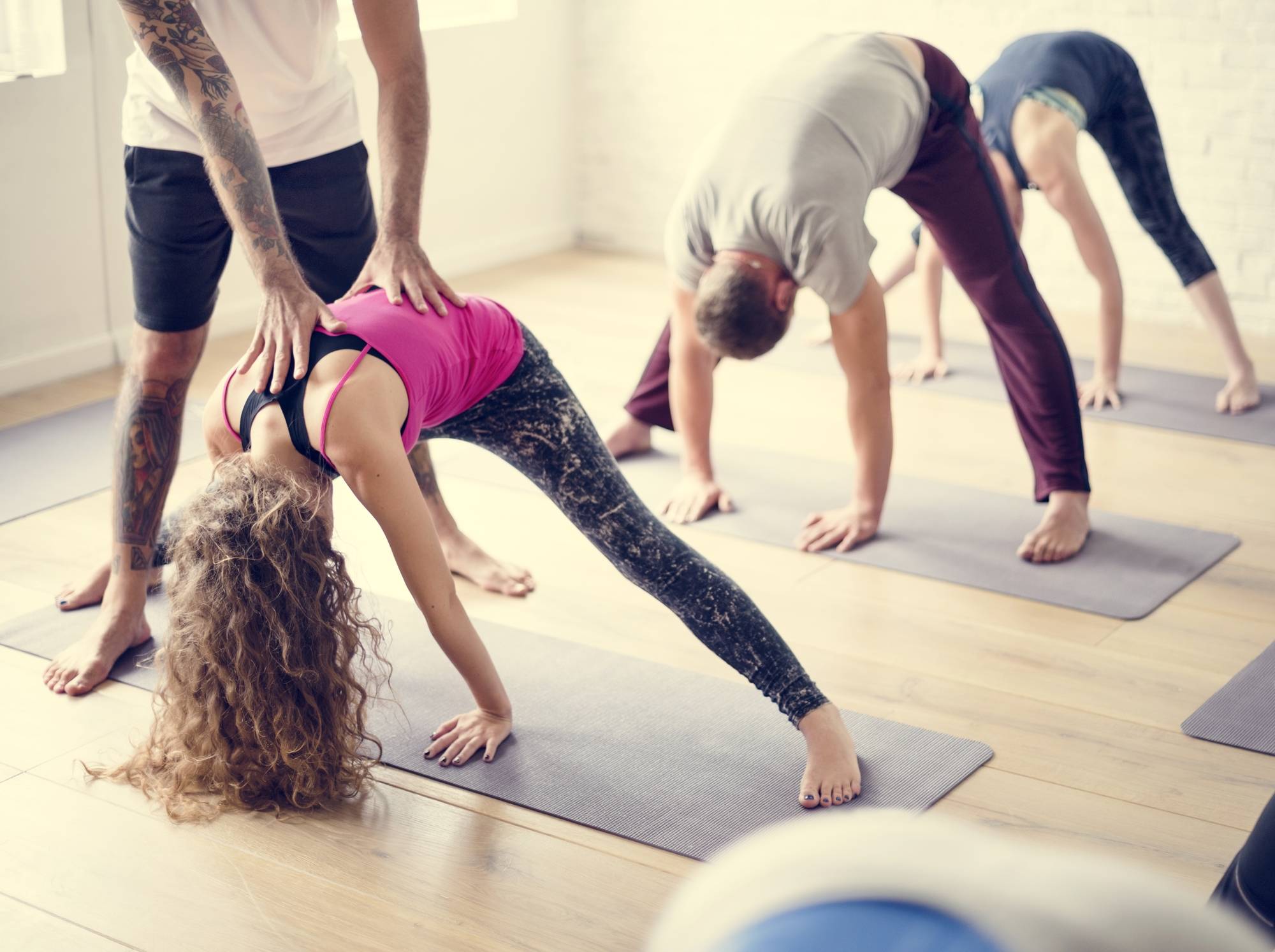Exercise for Self-healing
In addition, exercise is an important way to boost your immune system. Here’s how it works:
-
- While you exercise, your heart rate and blood circulation increases which results in more oxygen being delivered throughout your body.
- The increased blood flow boosts the circulation of your lymph, which contains the white blood cells of your immune system.
- This increase in lymph circulation results in an increase in the number of immune cells being mobilized from your lymph nodes and spleen into your bloodstream.
- Small amounts of immune cells are always circulating your body on a consistent basis. However, your physical activity has now increased the amount of immune cells throughout your body and those newly active immune cells will remain active for up to 3 hours after you’ve stopped exercising.
If you exercise regularly, you’re providing your body with a consistent boost to the number of immune cells circulating and patrolling your body for viruses and bacteria, making it an essential part of self-healing.
Benefits of regular exercise:
-
- Improves cardiovascular health – Exercise strengthens the heart muscle, lowers blood pressure and cholesterol levels, and improves blood circulation and oxygen delivery throughout the body. This reduces the risk of heart disease.
- Controls weight – Exercise, along with a healthy diet, helps control weight by burning calories. It assists in preventing obesity and related conditions like type 2 diabetes.
- Strengthens muscles and bones – Weight-bearing exercises build stronger muscles and help prevent osteoporosis and bone fractures by increasing bone density.
- Improves mobility and balance – Exercise improves flexibility, balance, and coordination, reducing risk of falls and injuries, especially important as we age.
- Reduces risk of chronic diseases – Regular exercise helps prevent chronic illnesses like cancer, stroke, and dementia by boosting the immune system and fighting inflammation.
- Improves mental health – Exercise releases feel-good endorphins, reduces stress and anxiety, boosts self-esteem, and enhances cognitive function. It may help fight depression and improve overall mood.
- Improves sleep – Regular physical activity can help improve sleep quality, duration, and consistency by reducing stress and regulating circadian rhythms.
- Increases energy – Exercise delivers oxygen and nutrients to tissues and helps the cardiovascular system work more efficiently, combating fatigue and increasing energy levels.
Self-healing and Exercise
Exercise is not only vital for overall health and prevention of illness and disease, but it aids the body’s ability to heal as well. Learn more…
How often should you exercise?
The more active you are, the more health benefits you will notice. But even small amounts of exercise started slowly can make a difference. Focus on finding activities you enjoy and set realistic fitness goals.
Walking or hiking with friends is a great way to get away from electronic devices, socialize, enjoy the beauty of the nature, breathe and get some sunshine. Exercising with friends is also a great way to put the date on your calendar and stick with it.
Here are some general recommendations from The Physical Activity Guidelines for Americans on how often you should exercise for good health:
For adults
A minimum of 150 minutes of moderate-intensity exercise or 75 minutes of vigorous exercise per week. This can be broken up into sessions of at least 10 minutes throughout the week.
For children / teens
1 hour or more of moderate to vigorous physical activity daily, with vigorous activity at least 3 days per week.
For older adults
Similar guidelines as adults, but older adults should also focus on balance and muscle-strengthening activities at least 2 days per week. Activities that increase flexibility are also recommended.
For weight loss / management
Most experts recommend getting at least 250-300 minutes (60-90 min 5 days a week) of moderate-intensity exercise per week. Higher levels around 300-400 minutes are best for substantial weight loss.
For maximum health benefits
Double the baseline recommended minimum, so aim for about 300 minutes per week of moderate activity or 150 minutes of more intense activity. Spread this throughout the week.


